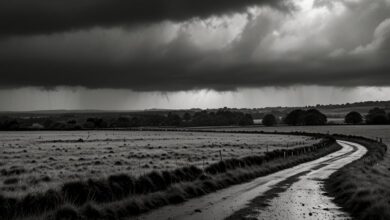No prosecution for soldiers in historical Northern Ireland civilian deaths

Two former soldiers accused of killing civilians during the Troubles in Northern Ireland will not face prosecution, the Public Prosecution Service has stated, citing insufficient evidence as the primary reason for the decision.
In 1971, two unarmed civilians, Annette McGavigan, 14, and William McGreanery, 41, were killed in separate incidents in Londonderry, Northern Ireland, during the period known as the Troubles. Recently, the Public Prosecution Service (PPS) of Northern Ireland announced that two former soldiers accused of these separate shootings would not face prosecution due to insufficient evidence. The PPS determined that the available evidence did not meet the high standards required for a reasonable chance of conviction.
This decision was communicated to the families of the victims, who have been seeking justice for decades. Despite the disappointment expressed by the families, the PPS has offered further explanations on the decision-making process. The complexity of the investigations, impacted by the passing of key witnesses and the challenges in gathering reliable accounts from the time, was highlighted as a significant factor in the decision.
The announcements were made in the context of the new Troubles Legacy Act, which imposes limitations on prosecutions for incidents related to the Troubles. A deadline for these legacy cases has been set, after which the responsibility will transfer to a new body, the Independent Commission for Reconciliation and Information Recovery.
Simultaneously, an international panel of human rights experts has criticized the Northern Ireland legacy act, claiming that it potentially protects soldiers and paramilitaries from prosecution if they cooperate with truth recovery efforts, potentially leading to state impunity. These developments have sparked further debate and controversy, both locally and internationally, about how to address and reconcile the legacy of the Troubles.
In light of these outcomes, Annette McGavigan’s case will see a new inquest, approved by Northern Ireland’s Attorney General. For William McGreanery’s case, prior investigations had already established that he posed no threat at the time of his death, yet no prosecution will proceed.








